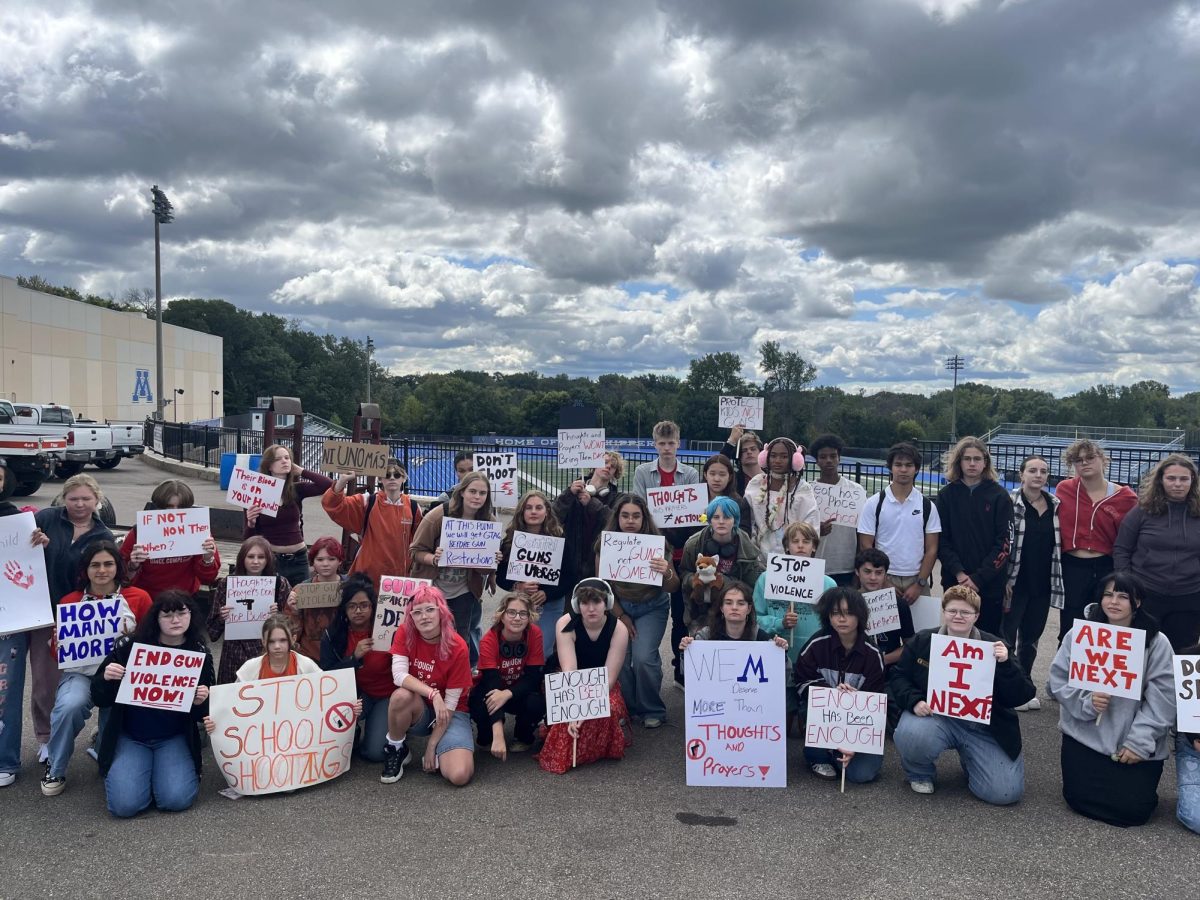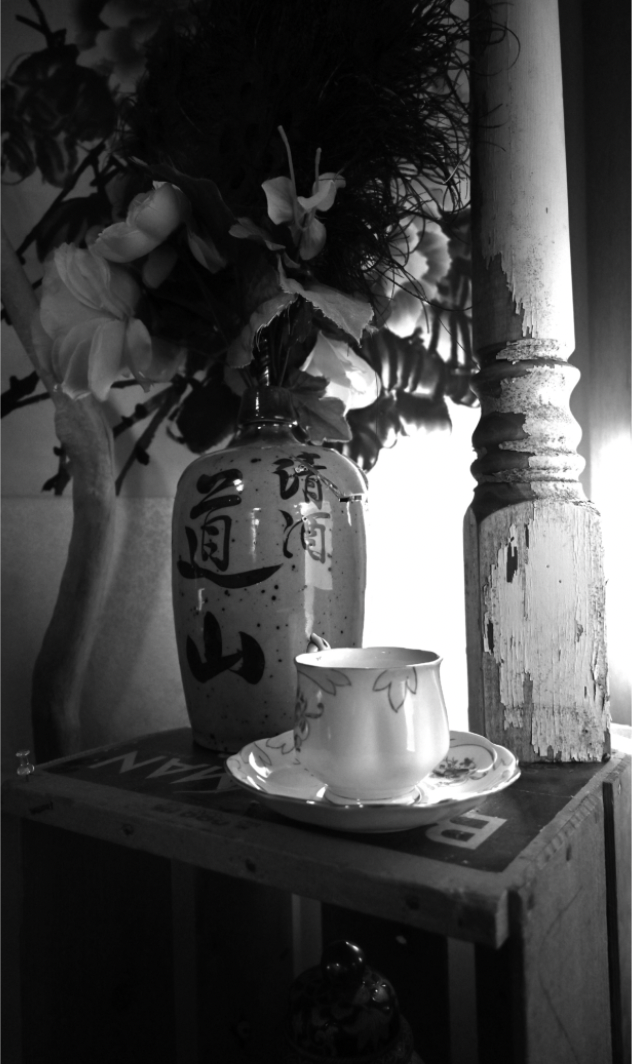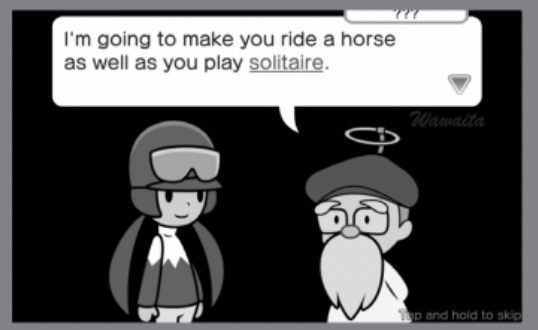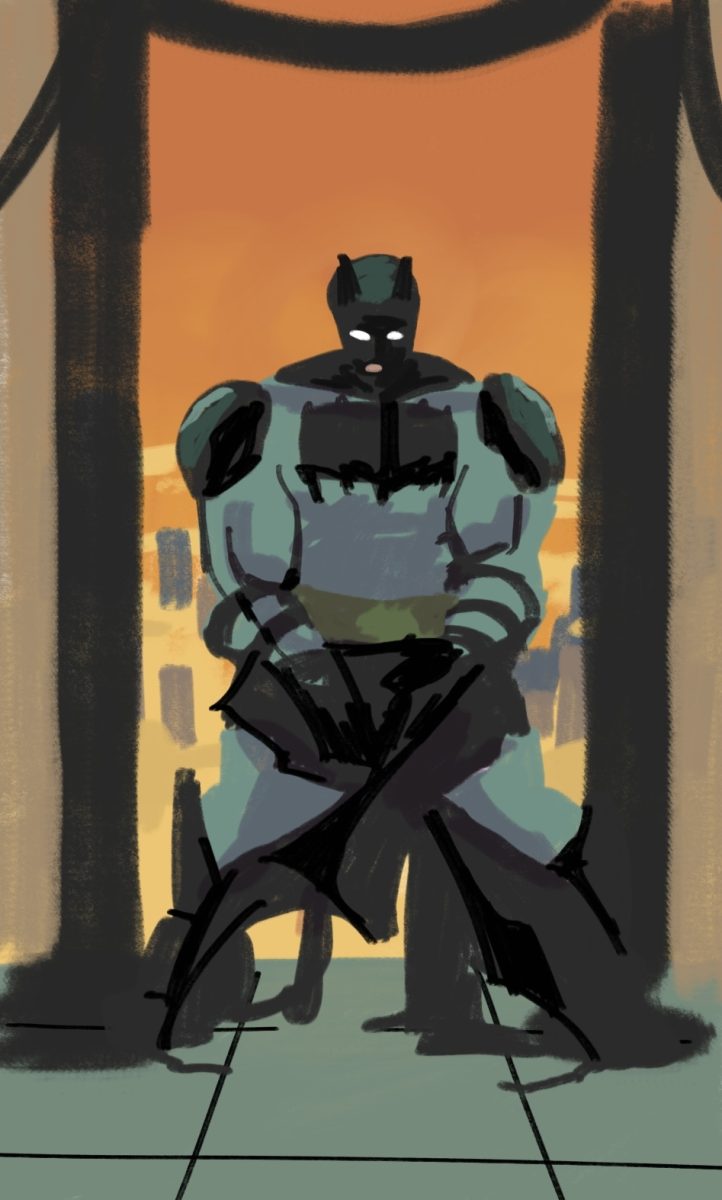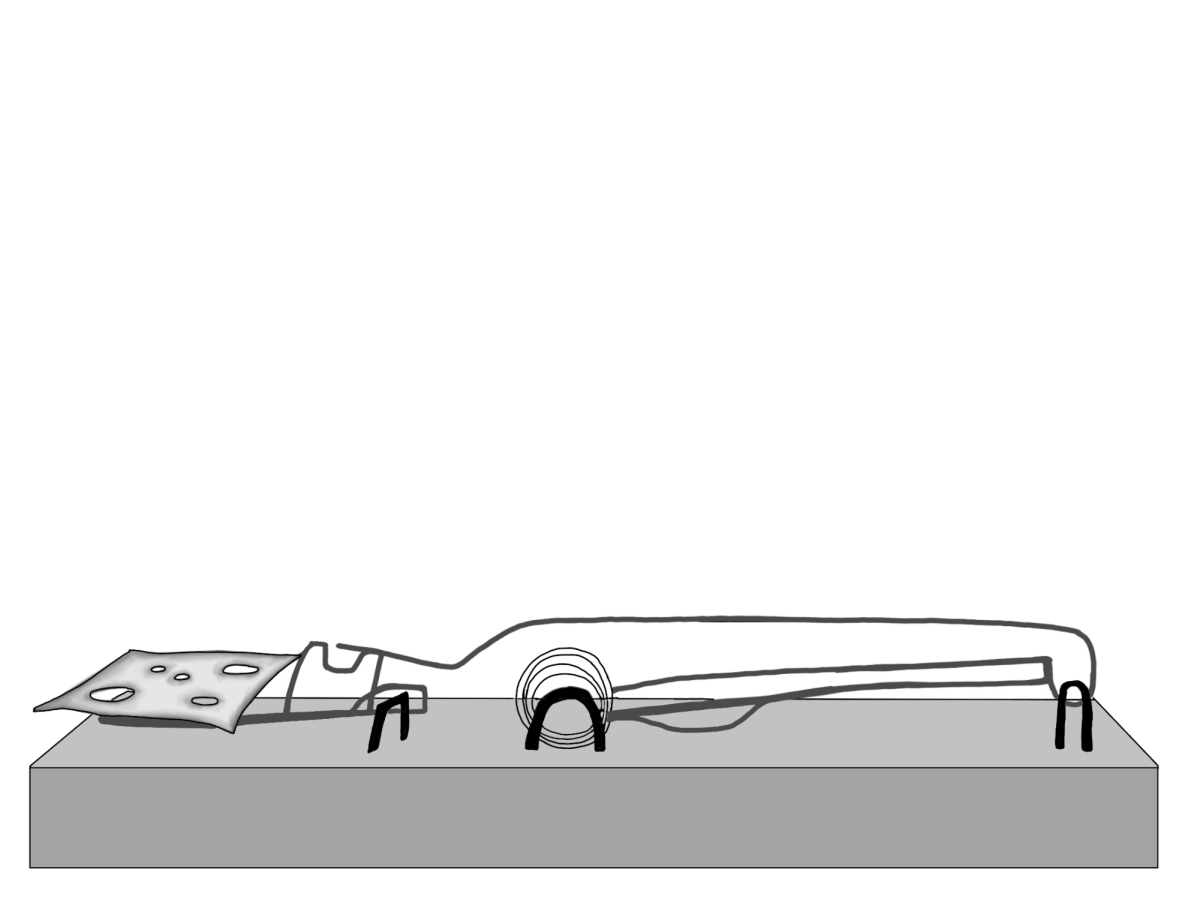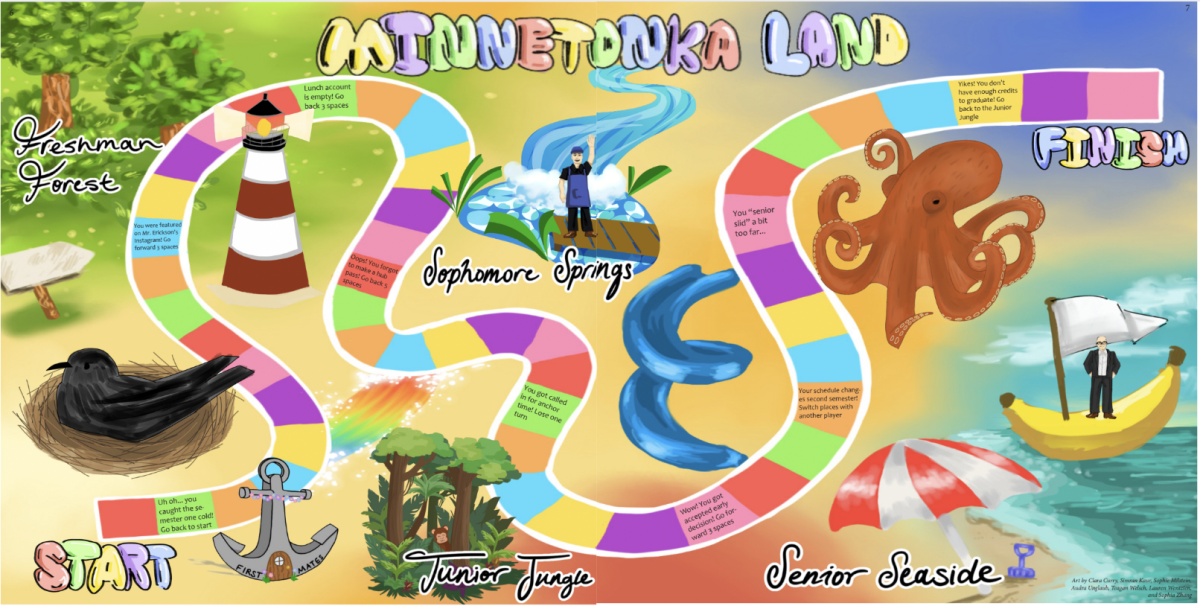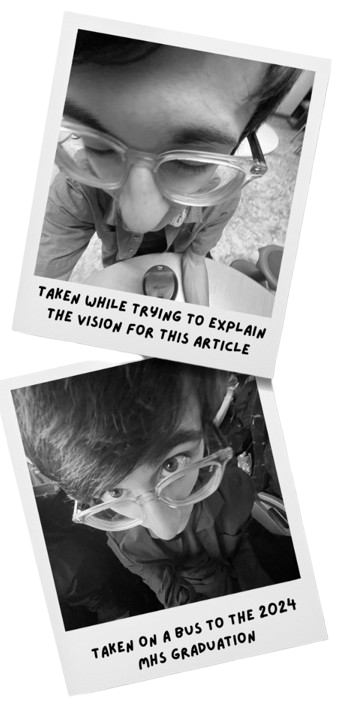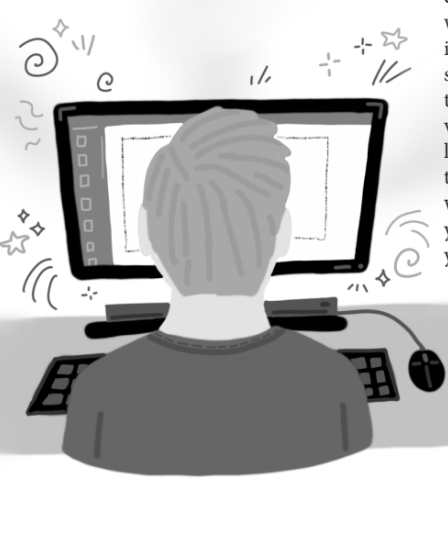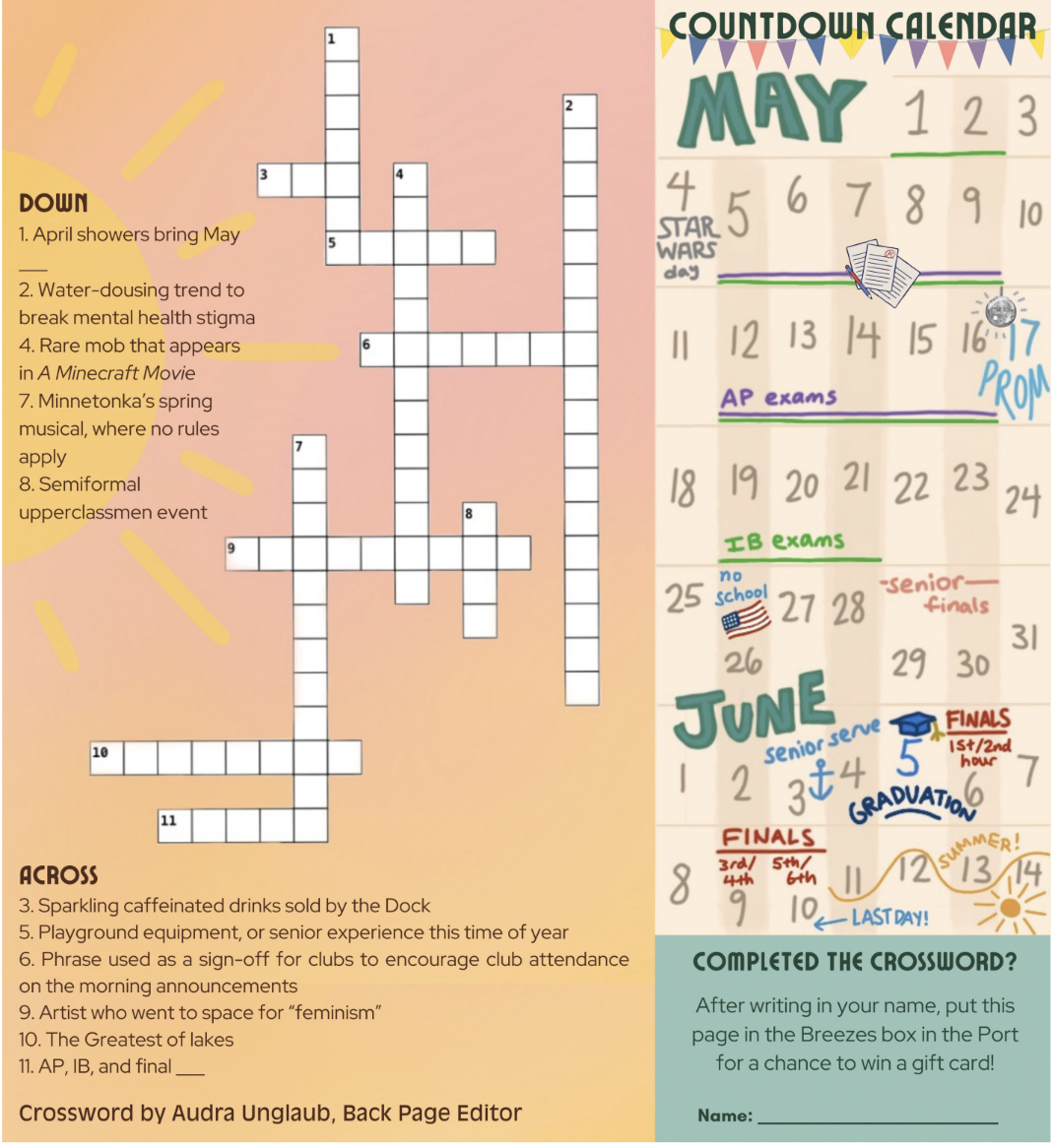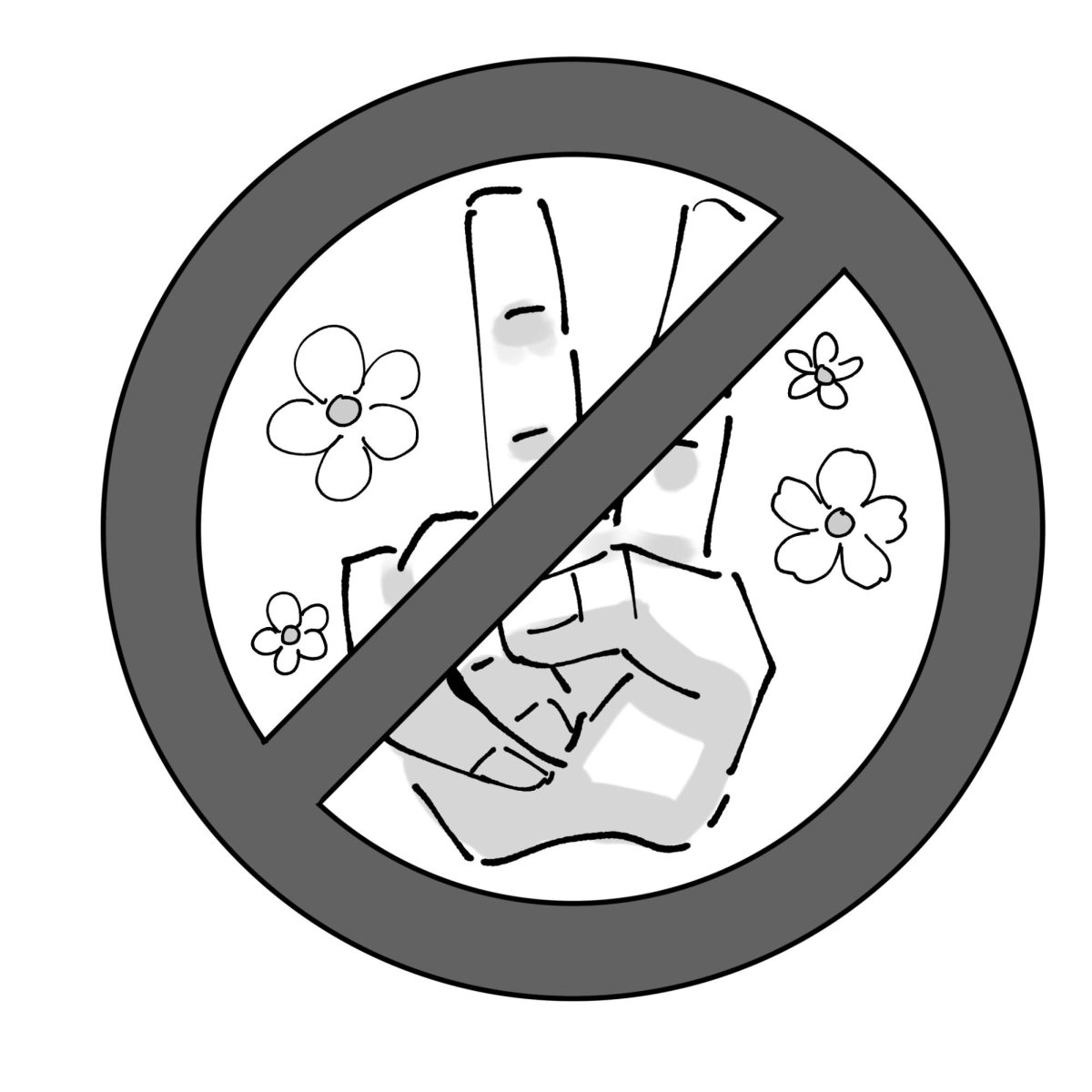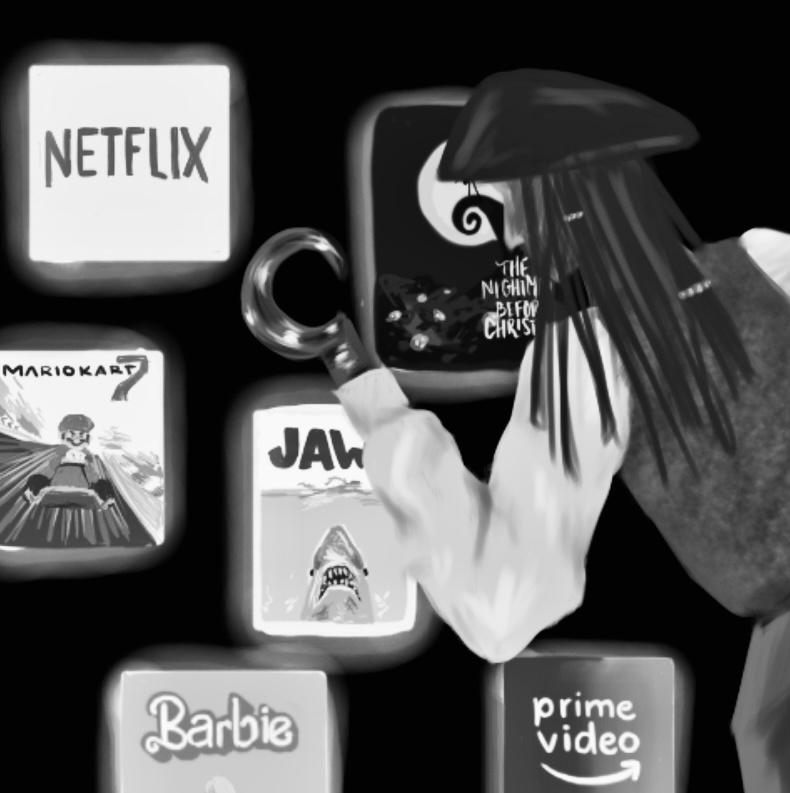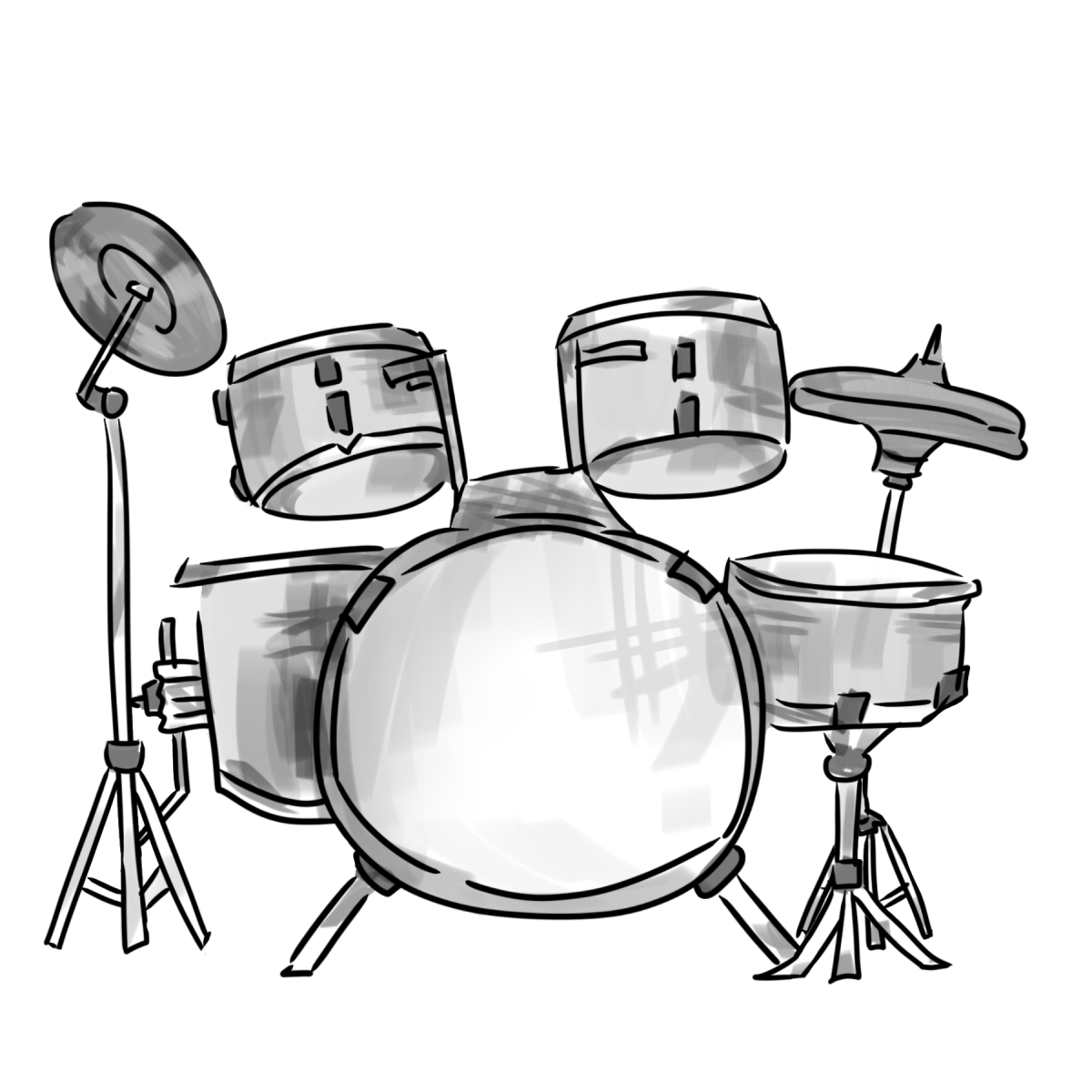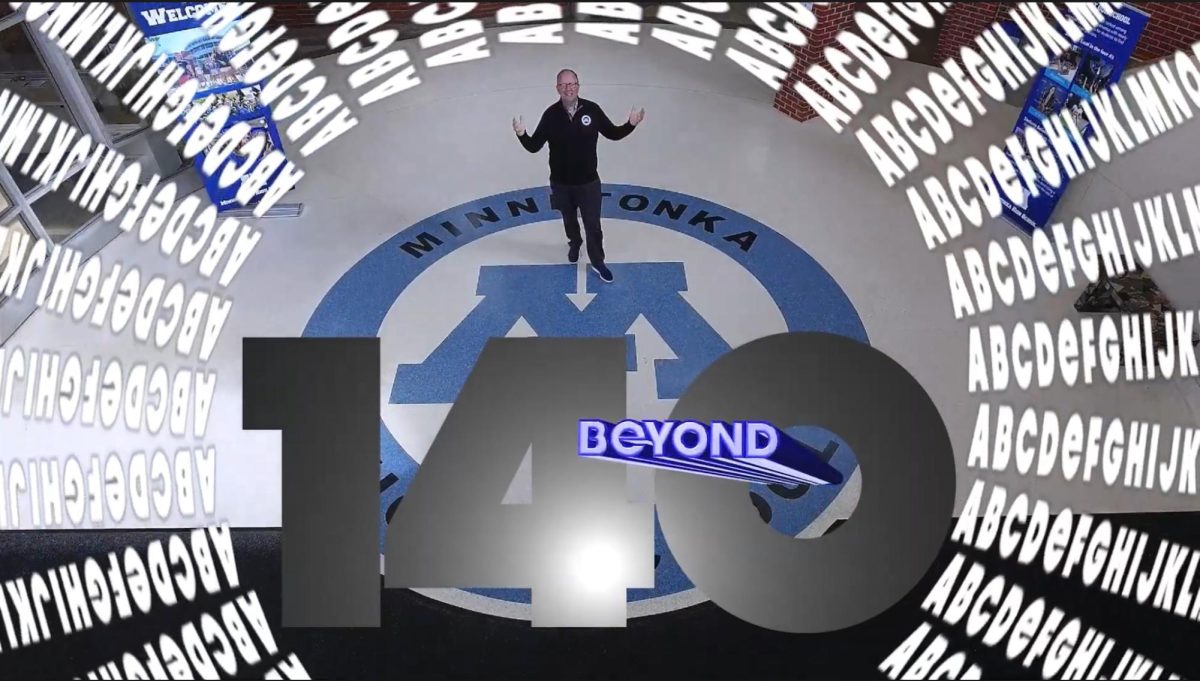Social media causes depression, anxiety, eating disorders and suicide. It wastes time and preys on a constant collective need for distraction from reality. Policy makers around the world are considering social media restrictions. Parents have been saying it for years –is it really just the phone? More importantly, are we brave enough to give it up?
In the 1960s, collective youth action was able to fundamentally change culture. New forms of media like television and cinema exposed young people to the realities of war and police violence. This, combined with technological advancement and political instability, caused a disillusionment with the establishment in the US. From the 1960s to 1970s, a broad, counter-cultural youth movement, from the peace —and LSD— loving hippies to various New Left political groups, radically opposed the hegemonic forces of society. They held rallies, protests, music festivals, produced pamphlets, and organized political stunts like gathering to “levitate the Pentagon” and nominating an actual pig to be a candidate in the 1968 DNC.
Back then, the counterculture had a clear enemy; they were “sticking it” to “the man.” The war-mongering government, greedy corporations, consumerism, organized religion, gender roles, racial discrimination, and the confines of mainstream culture were all targets of their ire. The accessibility of media coverage on these issues played a pivotal role in mobilizing the movement.
Now, identifying who and what holds power is more difficult, and more media is not necessarily helpful. It is precisely the “Age of Information” that has split reality between the online and real world. We are always distracted by something or other.
Culture has also been spliced into so many segments that the word “mainstream” becomes less and less applicable. Douglas Hartmann, a professor of sociology at the University of Minnesota, says, “One thing that has changed [over time], I think, is the fragmentation of media and popular culture. This is represented most prominently by the fact that we don’t have just 3 or 4 national television networks but 100s and 100s all with different programming, different audiences, different values and views.” A similar logic of the sheer mass of media today could be applied to the internet.
Millions of fights are being fought on social media platforms every day and politics are so polarized that both sides cannot agree on facts. But it feels like those online enemies and politics do not extend to real life. The world feels so big, but so small at the same time, contained within the 6 inches of our phone screens. Virtual connections are convenient but not real.
Levels of empathy have declined significantly. Canadian social psychologist Sarah Konrath says that spending so much time “interacting with others online rather than in reality” can alter interpersonal dynamics like empathy. Concerned with digital portrayals of ourselves and overall interacting in person less, we lose opportunities for empathetic communication. Additionally, the barrage of negative news stories and hateful rhetoric online can desensitize the average person, further decreasing empathy.
Stop thinking about society in terms of what is online and consider for a moment who owns that online space. “Real life” enemies are much more invisible. “The man” is still present, but is so deeply embedded in the platforms and devices that we use everyday that we simply do not care. In fact, “the man” is the platform. Tech giants like Bytedance (owner of Tiktok), Meta, X, Apple, Amazon, Alphabet Inc. (Google) and Microsoft manipulate consumers to stay constantly engaged with their products. We have given them billions of dollars of attention, our personal data, our emotions and ourselves (in the form of profiles).
Their influence is only growing. The average teenager spends 7 hours and 22 minutes looking at screens each day. That’s almost half of our waking hours, which means half of our teenage life. However, not all young people accept this. A 2023 survey found that 51% of Australian young people have considered deleting their social media, but fear missing out on trends, politics and friends.
Minnetonka students differ on getting rid of social media. Margo Fedje, ‘27, says “I get FOMO. I’ve considered [giving up social media] but I’ve never executed it.” Both her and Jainee Adams, ‘27, agree that they would want to get off social media in the future.
Parker Lacey, ‘25, says “ I don’t believe in [getting off of social media]. I think it’s healthy to brainrot a little. I also think it’s a good way to communicate with your friends. I would not give it up.”
Chloe Heffernan, ‘25, doesn’t have accounts on most social media sites. She usually uses Tumblr, “just to look at art on there.” Her use of social media is so minor that she feels
“[she] could [give it up], but [she] doesn’t have a reason to.”
Nolan Paul, ‘28, on the other hand, spends 5 to 6 hours a day on social media. “Way too much,” he says, “I would try to quit, I definitely should.”
Despite the variety of individual perspectives, overall trends show an increasingly negative view of social media use. In 2024, 40% of young adults agreed that they wished social media was never invented. Roughly 60% believe that social media has negatively impacted Gen-Z and society as a whole.
These grievances are exactly like those of the hippies, yippies, beatniks, rock n’ roll icons, etc. countercultural people had in the 60s and 70s. Feeling restricted somehow and horrified at the injustices of the world, they aimed to draw disconnected modern people together in simple, human ways: music, social gatherings, and genuine connection. To beat out the confusing, complex, and downright stupid constraints of the mainstream and try to change the culture to promote happiness and peace.
It may sound cheesy and inaccessible, but there is no reason why the youth of today cannot similarly organize and oppose the limiting reign of social media on our consciousness. Counterculture in 2024 means abandoning the platform. Can you?
Social media is a commercial product acting as a hive mind, needlessly demanding participation from everyone in society (especially young people) and promising that they will miss out on important things if not. Deep down, we all feel at least a little bit of doubt. People have existed for literally forever without it, so we obviously do not need it to survive. If it doesn’t make you feel good, delete it. Don’t be scared. Deleting social media can reduce stress, improve sleep, help to make real connections, enhance focus, and boost confidence. I know this is true for me.
Fedje says, “[social media] is bad for all of us. If everyone [cut down on use], then no one would be missing anything and that FOMO would go away. That would be a good thing.”

